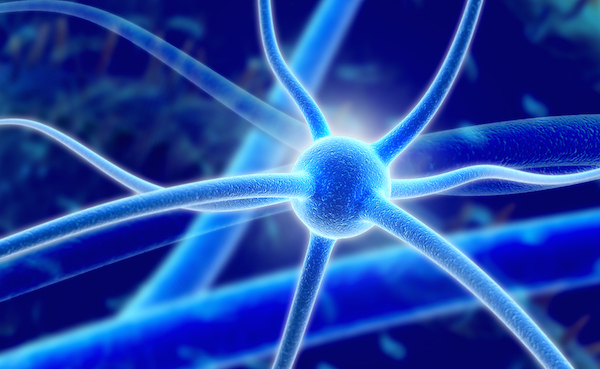
THURSDAY, Sept. 16 (HealthDay News) — All mental abilities appear to decline with advancing age, but the decreases aren’t as sharp as some research has suggested, a new study contends.
In the study, Timothy Salthouse, a University of Virginia psychologist, analyzed scores from 1,616 adults, aged 18 to 80, who completed tests of five key cognitive (or “thinking”) abilities: reasoning, spatial visualization, episodic memory, perceptual speed, and vocabulary.
The data from the participants in the Virginia Cognitive Aging Project were collected over an average test-retest interval of 2.5 years.
“There is now convincing evidence that even vocabulary knowledge and what’s called ‘crystallized intelligence’ decline at older ages,” Salthouse said in an American Psychological Association news release.
However, age-related declines in mental ability are smaller than previously believed, he said.
In his research, Salthouse took into account that the results of studies that repeatedly test people over a period of time could be affected by the fact that repeat test-takers become familiar with tests or testing strategies, and therefore do better as time goes on.
By factoring out what he called the “practice effects,” Salthouse was better able to determine how the participants actually aged mentally, and found that while younger adults’ mental abilities rose over time, older adults’ abilities declined over time, but the changes were small in either case.
“Longitudinal comparisons in people of different ages may be even more complicated because the amount of longitudinal change may be partially determined by the individual’s learning ability at a given age,” he noted.
The study was published in a recent issue of the journal Neuropsychology.
More information
The U.S. Centers for Disease Control and Prevention offers tips for healthy aging.

